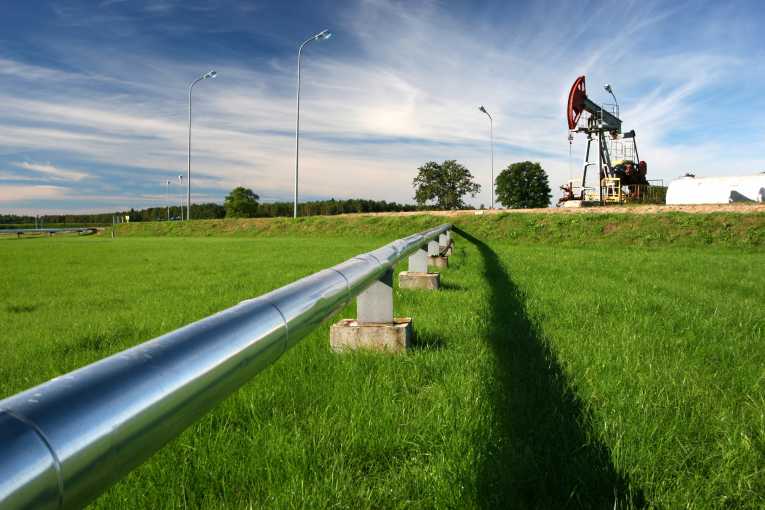The week began with a positive statement from the chief executive of TransCanada, the company behind the 1,661 mile pipeline from Canada to Texas.
CEO Russ Girling said he was confident no new issues had been raised as the period for public comment on the controversial project came to an end before the Environmental Protection Agency published their second environmental analysis.
24 hours later and the mood may be very different. The EPA has published a nine page memo describing the analysis of the potential impact on the environment of the scheme, the safety and risk and the effect on people living along the proposed route as having "insufficient information". It is an improvement on the first report which claimed the analysis was "inadequate" but the response still plays into the hands of the project's critics.
Cynthia Giles, the EPA assistant administrator for enforcement and compliance assurance wrote in the memo "While the (supplemental draft environmental impact statement) has made progress in responding to EPA's comments on the (draft EIS) and providing information necessary for making an informed decision, EPA believes additional analysis is necessary to fully respond to our earlier comments and to ensure a full evaluation of the potential impacts of proposed Project, and to identify potential means to mitigate those impacts."
The EPA is looking for a more detailed insight into the impact on environmental safety and the risk of oil spills, the impact on wildlife and potential danger to the people living along the route which covers five states.
It is the latest chapter in a continuing saga of a project that has as many supporters as critics on both sides of the US/Canadian border.
Named Keystone XL, the pipeline will begin in Alberta, Canada transporting thick crude oil through Montana, South Dakota, Nebraska, Kansas, Oklahoma and Texas. TransCanada predicts the $7bn project will see half a billion gallons of crude oil shipped to the gulf coast. As the debate rages in Congress over the question of improving domestic oil supplies, the controversy is timely.
One of the most vocal critics is Nebraska's Republican Senator Mike Johanns. This week he called for Secretary of State Hilary Clinton to hold the meeting in his state re the pipeline in Sandhills, along its route. Each state along the proposed routes is hosting State Department meetings in the coming months. Having the meeting in the affected area, Johanns argues, will provide the State Department with a clearer idea of the environmental problems and impact the pipeline could have.
"Holding a meeting 100 miles outside the Sandhills won't cut it; the State Department needs to understand the fragile nature of the proposed route and ensure affected Nebraska landowners have easy access to the meeting."
38 citizen groups in New York and the north east sent protest letters to the Secretary of State claiming the pipeline undermines the work being done to reduce greenhouse gases and clean fuel standards. Their concern is with the increasing market for tar sands, so called dirty fuel.
Conservation and wildlife groups have added their voices to the debate, raising concerns about the potential of risks to underground and surface water supplies, air pollution and oil spills. The latter is a particularly sensitive issue in Dakota which last month say 350 to 400 barrels of tar sands oil leak, prompting a clean-up operation.
Jeremy Symons, senior vice president of the National Wildlife Federation, "America's next oil disaster is under way with this rush to accelerate the piping of corrosive and pressurized tar sludge."
Yet TransCanada assures those with concerns the pipeline is safe and reliable. They argue it will create jobs and stimulate domestic energy production.
Alberta's Energy Minister, Ron Lipert, claims the pipeline could make his home state become one of the seven largest oil producers in the world by 2020.
A decision will be made by the State Department at the end of this year.
Top Image Credit: © Nes Jerry










